Here's Our List of Places You Probably Won't Want to Hunt This Season
We're not going to criticize or disparage the duck hunting opportunities in any area. But let's agree that some states have better waterfowling than others. My home state of Wisconsin, for example, features some excellent hunting, but it's not Arkansas.
Some states simply don't have the resources to offer consistently good duck opportunities. Maybe it's their terrain, climate or size. And hunting pressure plays a role, too. Whatever the reason, a few states receive consistently poor annual grades in Realtree.com's Duck Hunting Nation. Admittedly those marks are subjective, but they're based largely on harvest statistics from the U.S. Fish and Wildlife Service and grass-roots information from folks who know the scene. And it's pretty tough to argue against numbers and insider info.
So here, with no malice intended, are our choices for the worst duck hunting states.
Click here for more Realtree waterfowl hunting content. And check us out on Facebook.
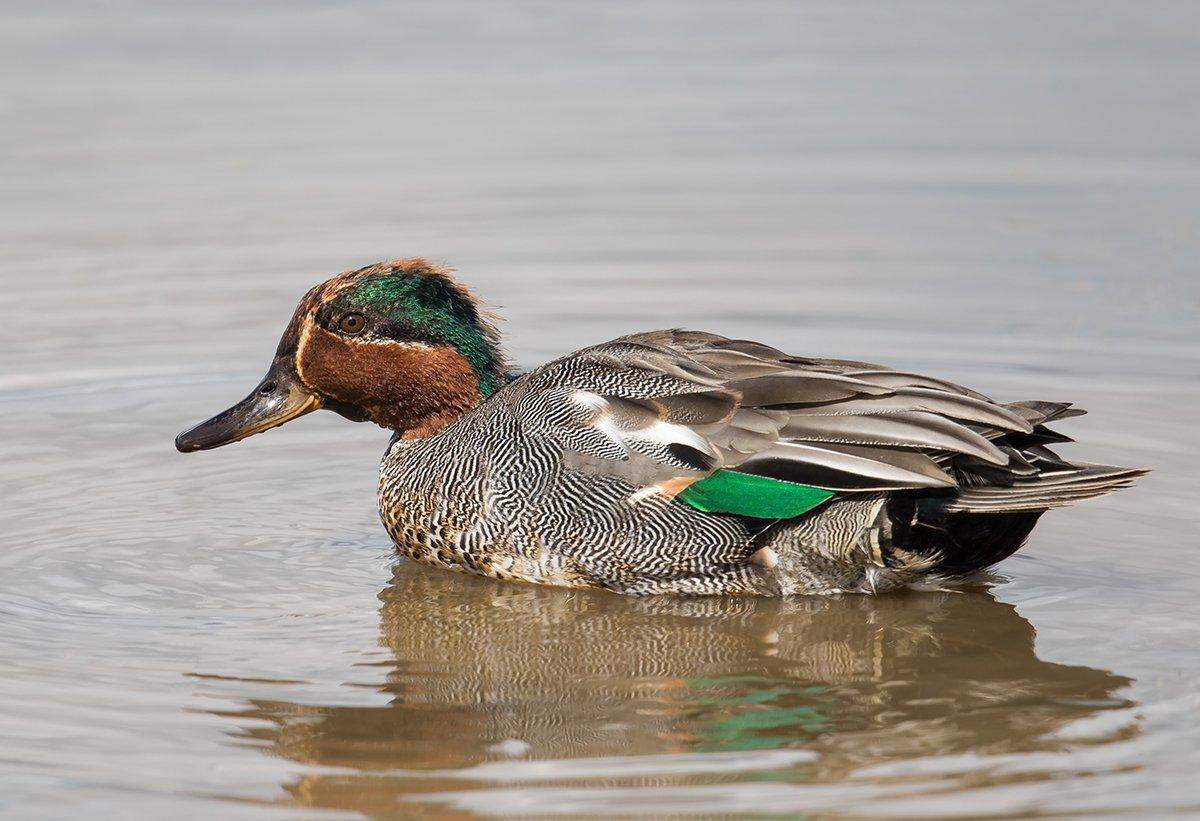
No one can claim that Indiana's duck hunting is awful. Yet with a puny estimated 2015 duck harvest of about 75,300 birds ‚ last in the Mississippi Flyway ‚ and only about 5 percent of the state's property in public ownership, the state pretty much deserves its C grade from Duck Hunting Nation.
Still, you can find some decent waterfowl habitat in northern Indiana, and the state has 23 fish and wildlife areas that offer public hunting. And its 2015 average of about 8.7 ducks per hunter isn't abysmal. It's just safe to say that waterfowlers will likely bypass Indiana on their way to points west or south.
Photo © Andrew M. Allport/Shutterstock
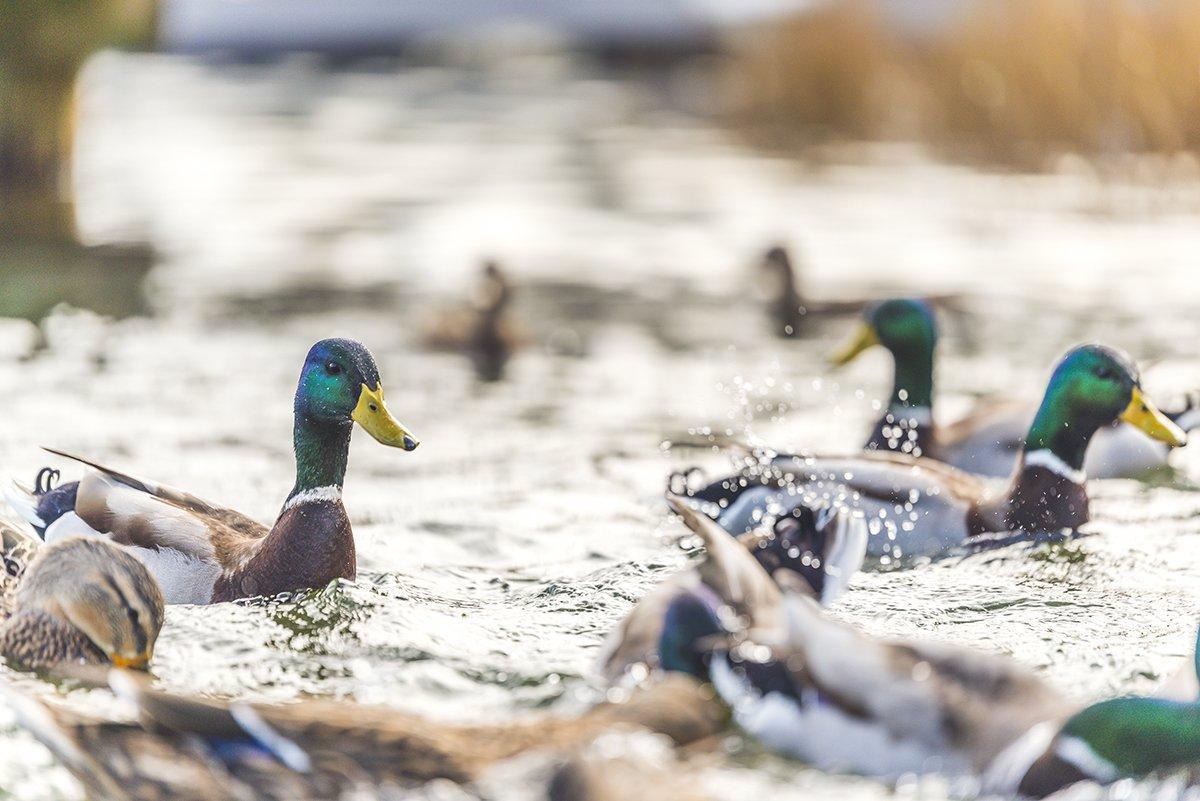
Another C grade here. To be fair, Arizona probably has average duck hunting, and waterfowlers have some decent public-land options. But with only about 2,300 active duck hunters in 2015 and a Pacific Flyway-worst estimated duck harvest of about 21,600 birds, it's tough to argue against that poor mark.
Again, you can't claim Arizona is horrible, but other Western states surely offer better fowling.
Photo © Checubus/Shutterstock
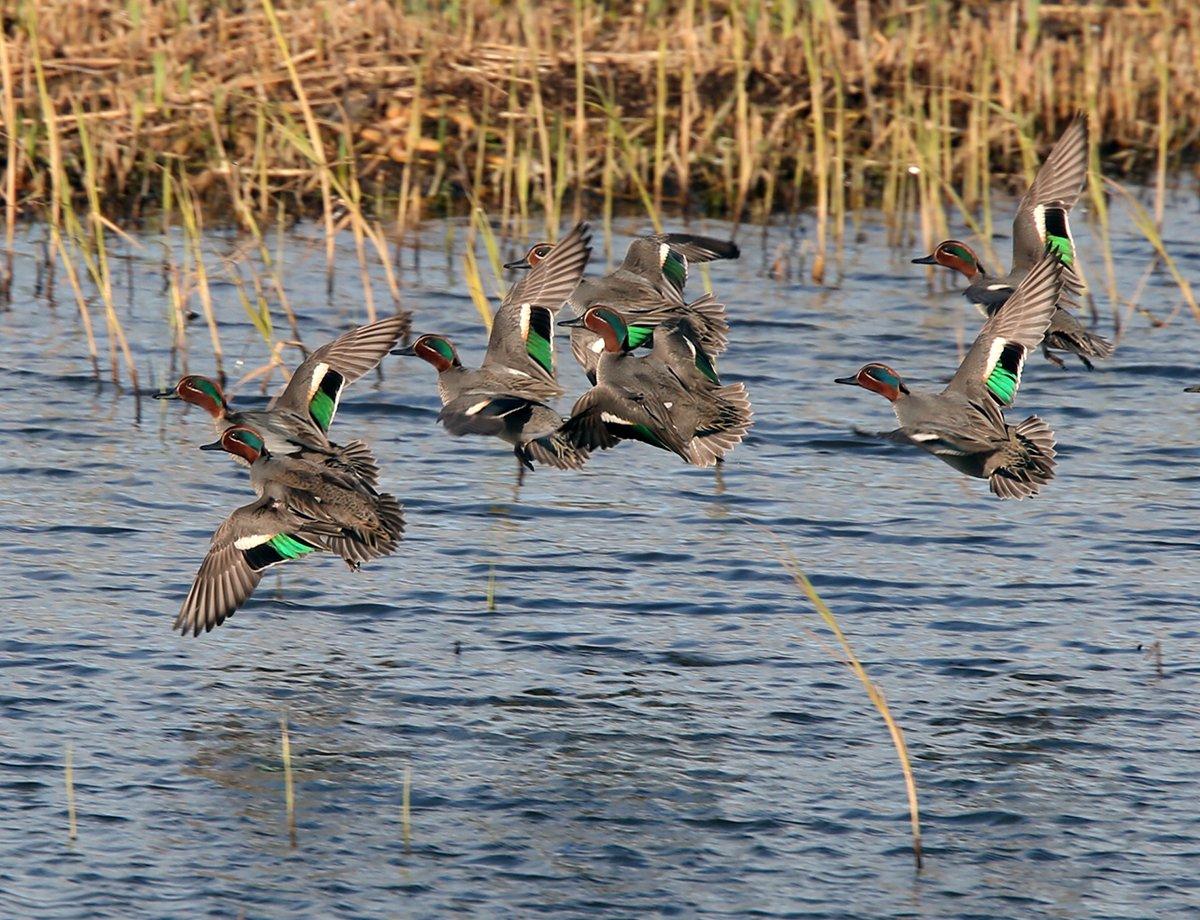
No, we're not railing against the Southwest here. But like its neighbor to the west, New Mexico really isn't a duck destination ‚ thus the D grade it receives in Duck Hunting Nation.
Actually, as noted by Pacific Flyway reporter M.D. Johnson, There's nothing wrong with New Mexico duck and goose hunting. Where it happens, it can be phenomenal. It's just that there's not much of it in a state dominated by high plains, rolling foothills, rugged mountains and excellent big-game hunting.
That explains the tiny estimated 2015 duck harvest of 24,200 birds. But I guess if you can find huntable water consistently, you're probably not concerned about that number.
Photo © Tony Mills/Shutterstock
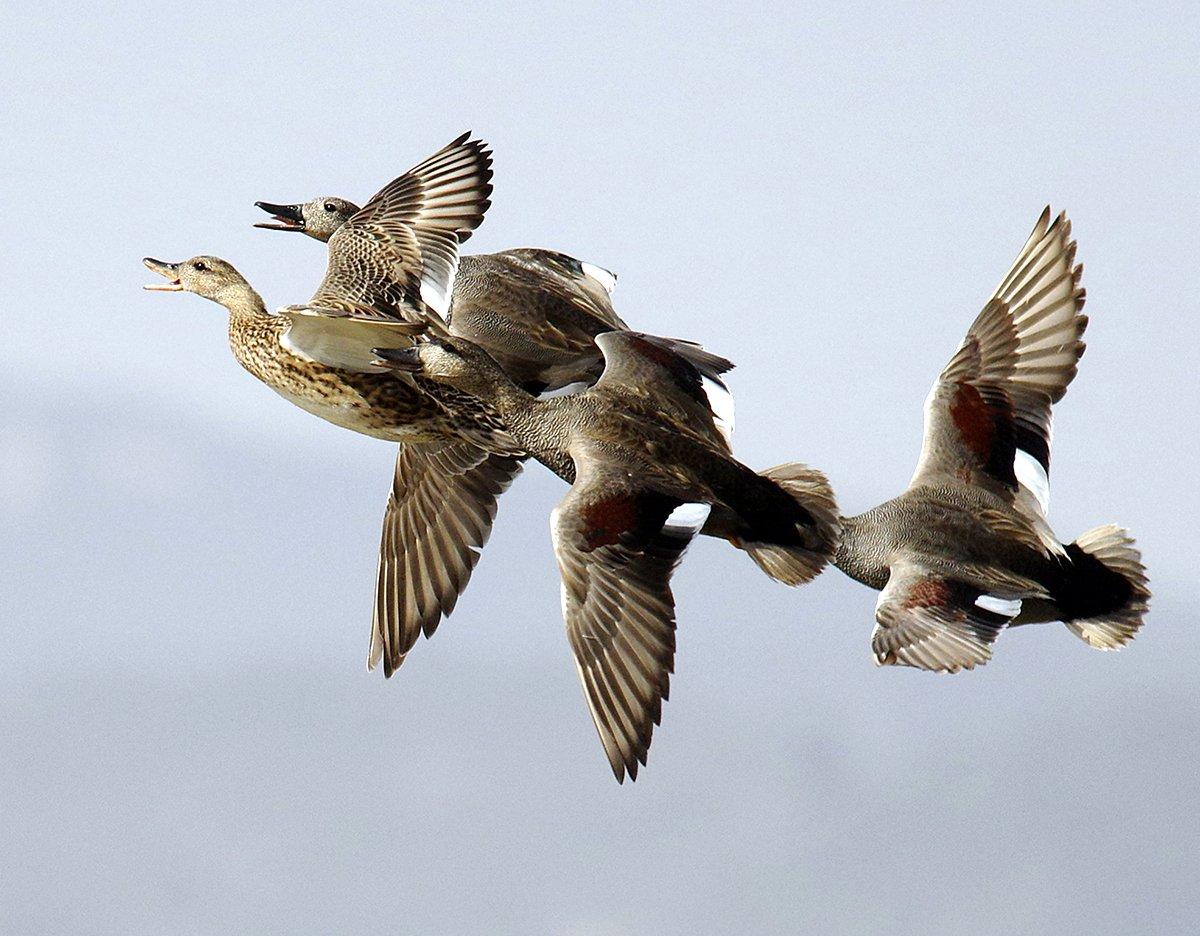
Much of the Constitution State's D grade stems from its small size and minuscule number of waterfowl hunters ‚ only about 2,300 in 2015. Yet with an estimated harvest of about 11,600 and a poor 5.1 duck-per-hunter average, it's difficult to reach a different conclusion. Even diminutive Rhode Island received a higher Duck Hunting Nation grade.
In fairness, Connecticut hunters shot more ducks than their compatriots in three other Atlantic Flyway states. But we're guessing most hunters pass through the state on their way to glitzier hunting areas.
Photo © A.S. Floro/Shutterstock
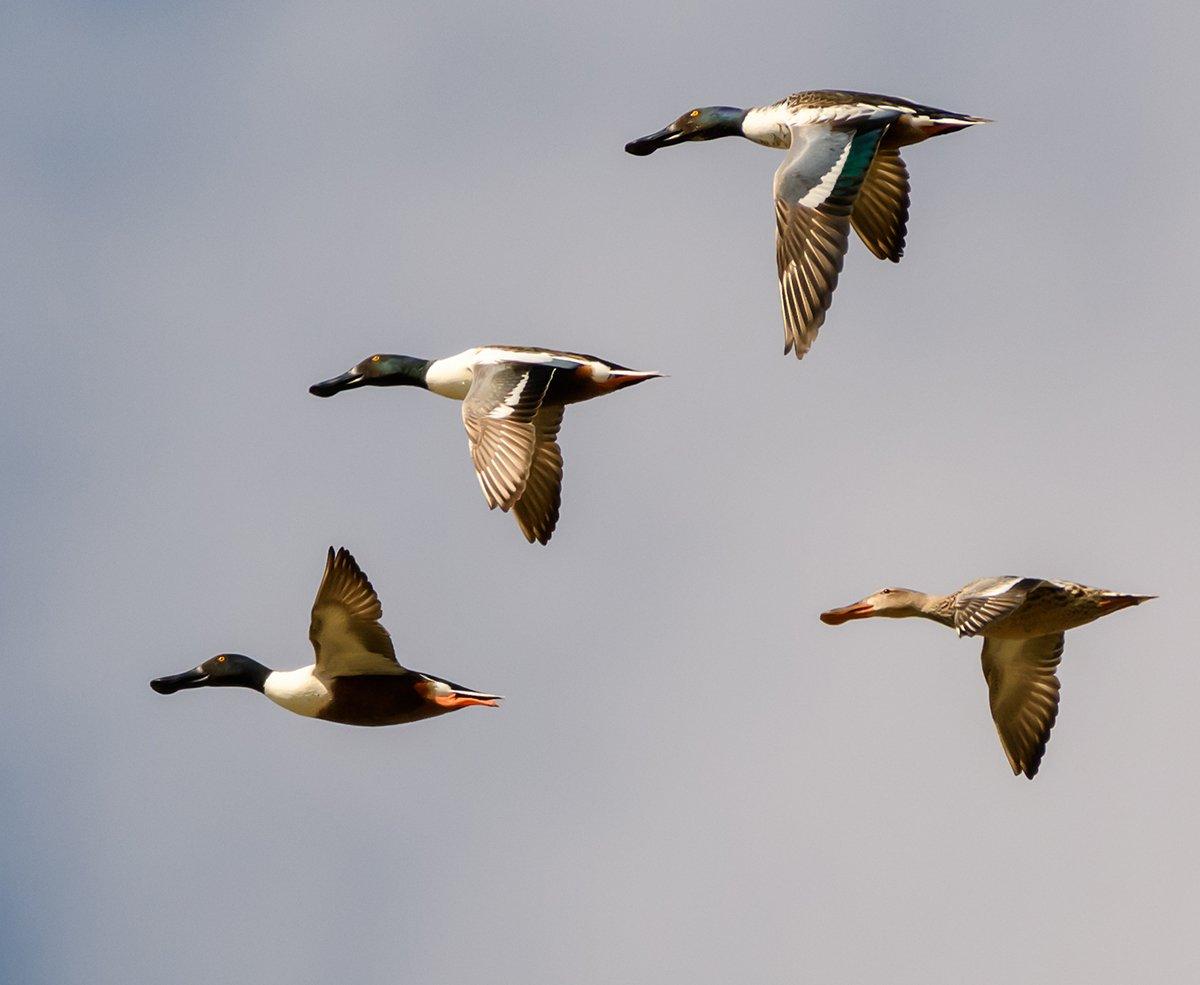
Nicknamed The Mountain State, West Virginia doesn't have much to inspire passion in hardcore waterfowl hunters. Its deep, timbered hills and hollows simply aren't duck country.
That's reflected in the state's D grade and estimated 2015 harvest of about 5,800 ducks, which ranked last in the Atlantic Flyway.
The rating is no indictment of West Virginia hunting. Some areas were made for ducks. Others weren't. Enjoy West Virginia's deer and turkeys. Go elsewhere for waterfowl.
Photo © Shutterstock
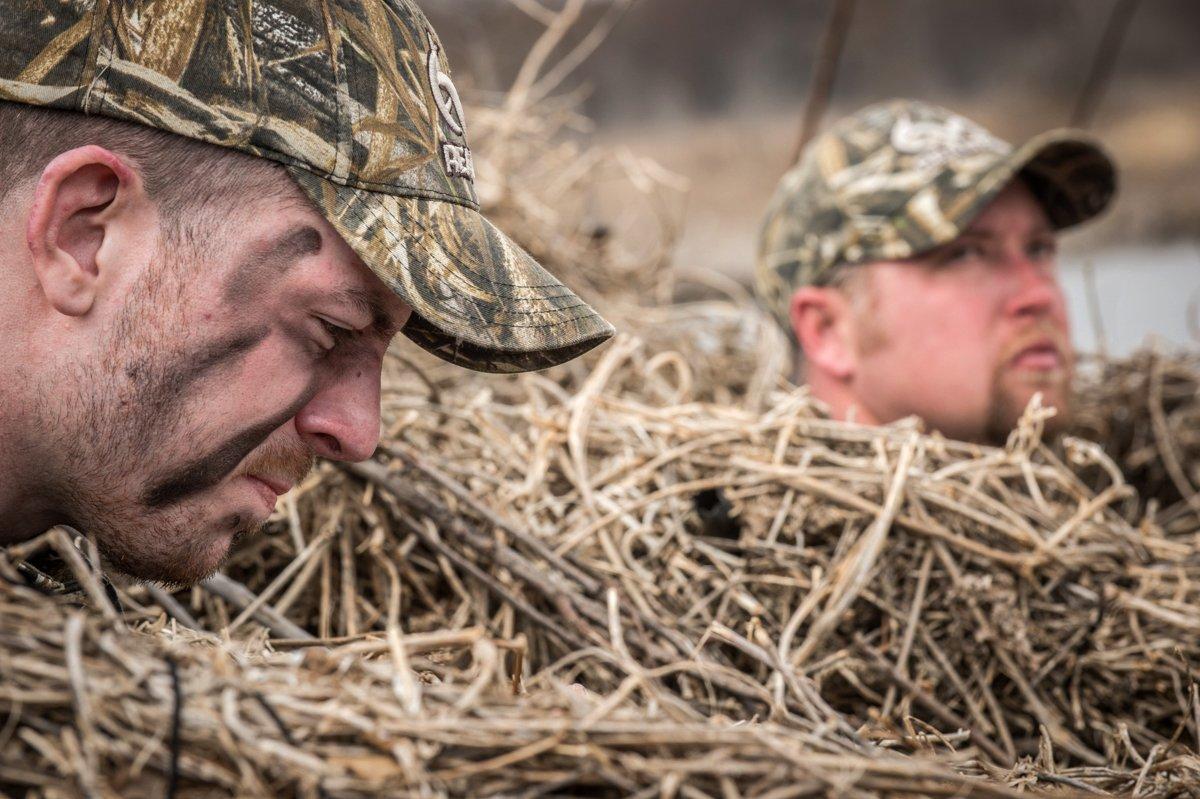
Of course Hawaii receives an F grade. You cannot hunt waterfowl on the islands. Hogs? Turkeys? Sheep? Heck, yeah. But not ducks or geese. So obviously, although the hunters in this picture look bored and disgruntled, they're not in Hawaii.
That's not to say you shouldn't visit the islands. Hawaii is rich in natural wonders and friendly folks. And who knows? Maybe you'll see a nene, the Hawaiian goose.
Photo © Bill Konway






